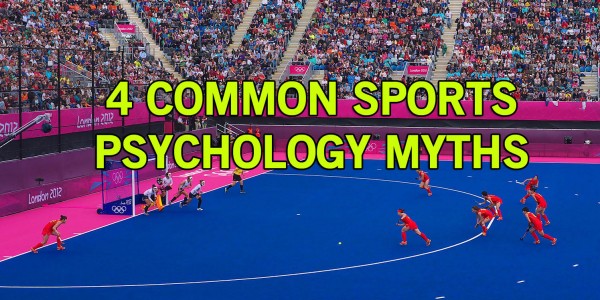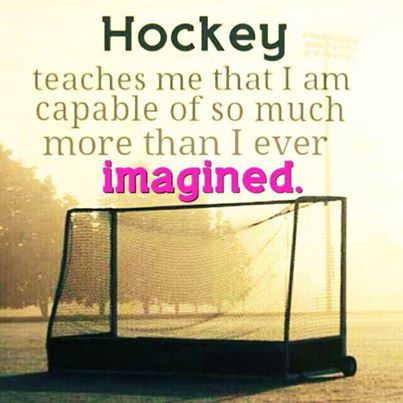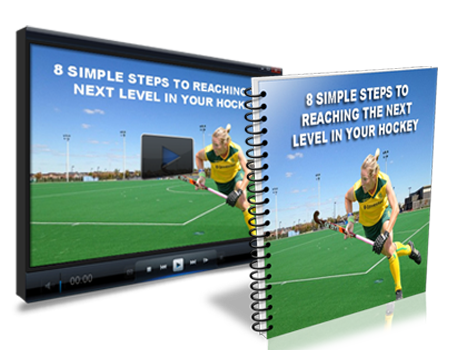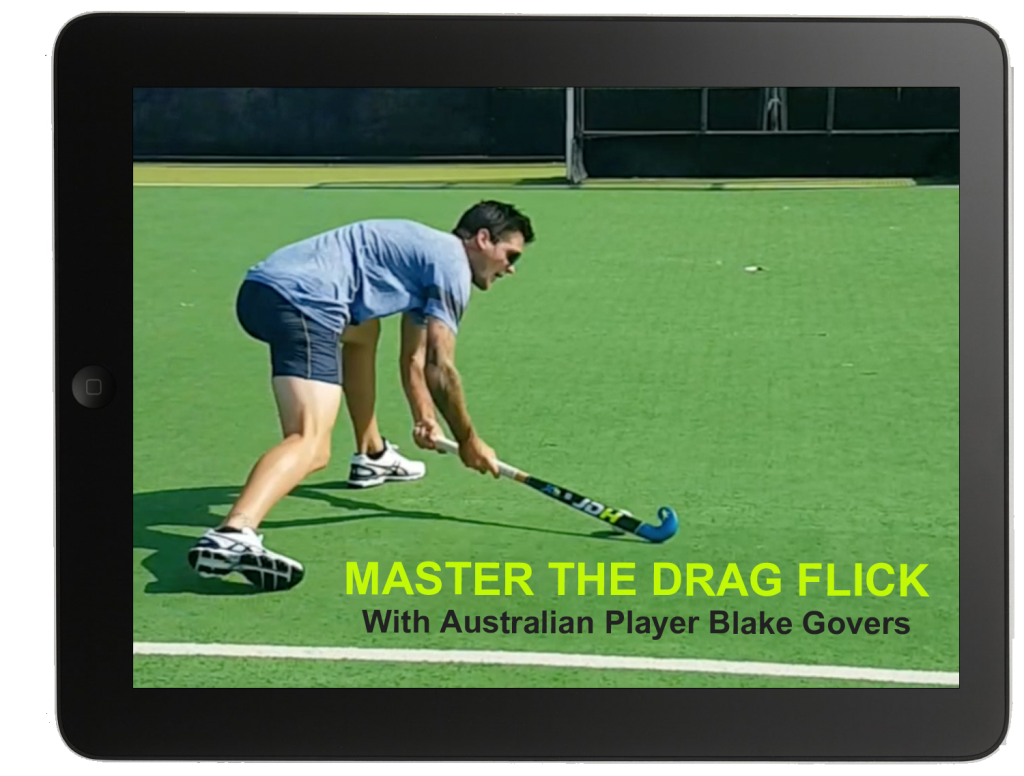We all know that the mental part of sport is very important, but why do so many players still ignore this fundamental factor despite knowing this?
My guess is probably because of some of the myths that people believe which are not actually true.
I have heard many different myths when it comes to the mental part of sport which often hold many players back from reaching the next level, so in this article I want to clarify a few things.
First, do you ever:
- Dwell on a past mistake that you made and then can’t focus on the next thing?
- Over-think your skills and get too technical?
- Get distracted by what’s happening around you in a game, for example: what the opposition are doing, what coaches or team mates say or worrying about what parents or spectators think of you?
These are just a few examples of opportunities for development which lie within your mental game in sport. Which basically means that you have more to offer as a player and probably haven’t reached your potential yet. 
4 Common Sports Psychology Myths:
#1. “I don’t need fixing”
I often get parents contact me when they recognise potential in their child but they have trouble convincing their child how mental game training can help them with their sport. In particular some younger players say things like “I don’t need to be fixed” because they think that there has to be a problem in order to do mental game training but that’s not true at all.
Even if you are playing well, you will not mess things up by doing mental game training. Instead you could learn effective techniques which will teach you how to be in control of the way that you play and will bring out the best in you more often. My clients often exceed their own expectations of what they thought they could do because of mental game training.
#2. Mental training focusses on the negatives
In contrast, mental game training focusses a lot on your strengths, recognising what you are good at and naturally shifts your thinking to why you CAN achieve your goals, instead of thinking that you are not good enough and constantly comparing yourself with others.
It teaches you different techniques on how to stay focussed on the positives rather than being sidetracked by those things that you simply can’t control (like coaches decisions, bad umpiring, what team mates or parents think, say or do, etc).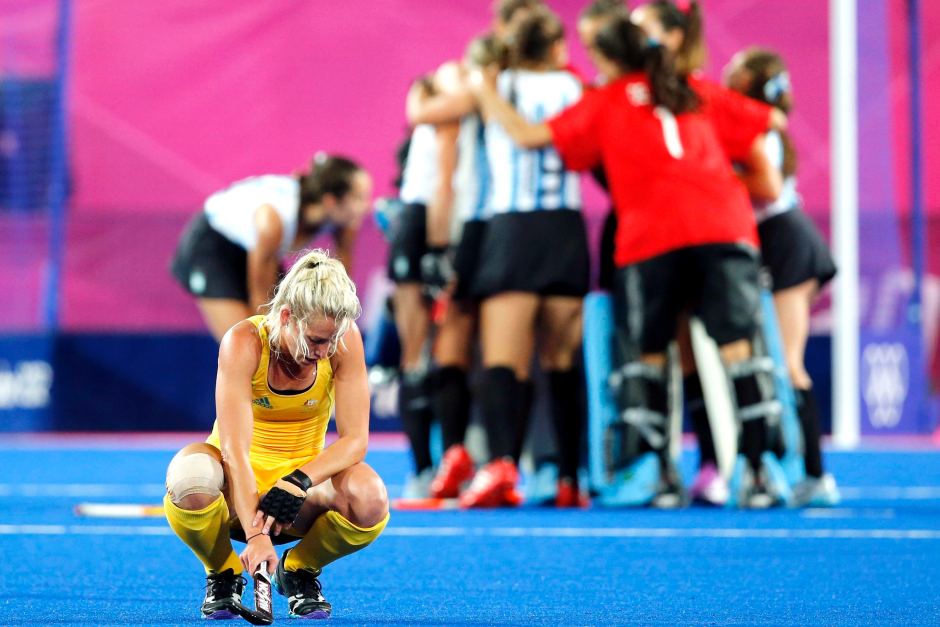
#3. Other’s will think I am weak
It is actually the complete opposite, when people can look at themselves and continually want to improve themselves, I think that is a sign of strength and character.
Think about top sport’s people, they are not mentally weak but yet they hire sport’s psychologists because they want to improve their mental game skills because it makes a difference to their game.
For some bizarre reason some people think mental game training is a negative thing and that is focusses on your weaknesses but it doesn’t at all, it provides you with tools and techniques to make you stronger and better than you were yesterday.
#4. Sport’s psychology is only for elite players
Mental game training is not just for elite players at all. In fact most players, parents and coaches of any age, level or gender can benefit from using mental game tools and techniques.
It helps players to deal with a range of things such as playing with confidence, performing under pressure, managing high emotions like frustration, beating the fear of failure, not being so hard on yourself all the time, dealing with difficult coaches or team mates, overcoming setbacks, staying focussed and motivated, plus many other aspects.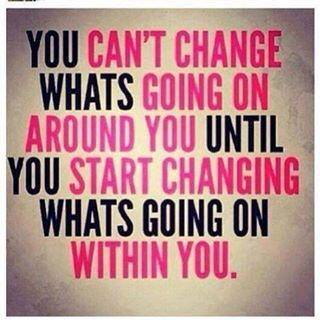
Hopefully these sports psychology myths have helped you to understand a bit more about the importance of the mind in your sport and why mental game training is a fundamental aspect of making big improvements in your game.
Your next step
The Hockey Performance Academy offers a range of programs to help players and coaches worldwide with various aspects of becoming a better hockey player and reaching the next level.
We cover every aspect of improving as a hockey player from:
- Mastering The Mental Game
- Getting Fit For Hockey
- Reaching Peak Performance (includes first two plus nutrition, vision, tactics, skills)
- Mentorship Program: our most popular program covering all the above plus personalised coaching with an ex-international player & performance coach
